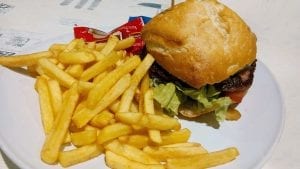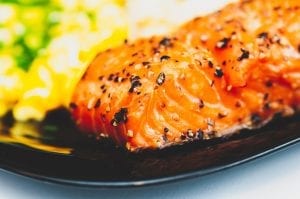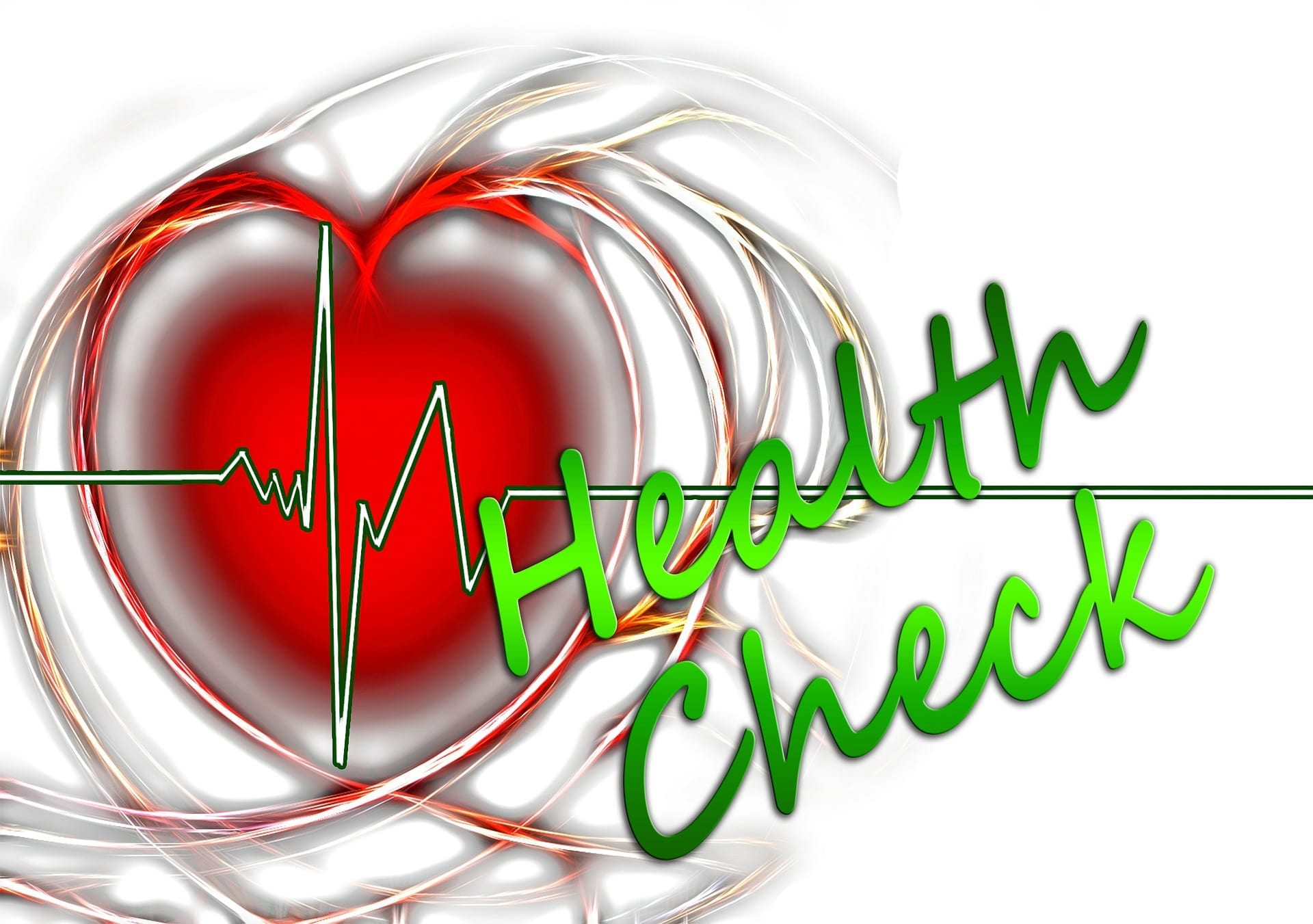Many people allow themselves a “cheat meal,” or unhealthy meal, as a reward for reaching their fitness or health goals. Or they, may eat better during the week and lapse in those healthy eating habits over the weekend. Maybe it’s a holiday or party that destroys your eating plan. In fact, many nutritionists regard an occasional cheat meal as a beneficial practice when attempting to lose weight. What could one meal hurt anyway, right?
Well according to a 2012 study that single junk meal — with a significant portion of calories from saturated fat — harms your cardiovascular function immediately following the meal.(1) Specifically, cheat meals, or typical meals of the Standard American Diet (SAD), adversely affect vascular endothelium (the inner lining of blood vessels) function. Conversely, meals that more closely resemble the Mediterranean diet — rich in mono- and polyunsaturated fatty acids (like omega-3s) — may produce positive effects on vascular endothelium function.
Vascular endothelial function is one of the most significant predictors of and precursors to atherosclerosis. Atherosclerosis is a common disorder characterized by the hardening, thickening or loss
The lead author of the study, Dr. Anil Nigam, Director of Research and the Cardiovascular Prevention and Rehabilitation Centre (EPIC), and colleagues compared the effects of junk food meals to a typical Mediterranean meal. The Mediterranean diet has long been associated with a reduction in heart disease and atherosclerosis.
The study included 28 non-smoking men, who ate a Mediterranean meal (salmon, almonds, and vegetables cooked in olive oil) one week followed by a junk food meal (a sandwich with sausage, egg and cheese, and three hash browns) one week later. After each meal, the researchers measured endothelial function in response to the foods consumed.
Surprisingly, it took only one junk food meal for the researchers to observe a 24 percent decline in endothelial function among participants when compared to their baseline before meals. Participant’s endothelial function remained normal following the consumption of the Mediterranean meal. This is a remarkable finding and should provide a reason to pause before succumbing to that double cheeseburger and fries the next time you are tempted to cheat.

What we learn from this research is that every meal matters and can contribute positively or negatively to our health. To discover more benefits of omega-3 fatty acids read pages 41-44 of The Doctor’s Guide to Surviving When Modern Medicine Fails. Eat better and feel better!
(1) Cantin J, Lacroix S, Tardif J, et al. Does the Adherence to a Mediterranean Diet Influence Baseline and Postprandial Endothelial Function? Canadian J Cardiology. 2012 Sep-Oct;28(5):S245.
